A Smart Wheelchair provides features beyond what current power wheelchairs offer.
Smart technologies may include Sensors that warn the driver of potential hazards, such as obstacles or tipping risk on a steep incline. Some Sensors are integrated into the PWC electronics to prevent collisions by assisting with steering and speed as well as prevent a PWC from going off a curb outside. Smart wheelchairs can connect with the external environment, such as sending notifications to a caregiver’s smartphone. This technology may also monitor, record, and report data such as weight shifts and health information. It’s a whole new world!
Learning Objectives
- The participant will be able to define smart technologies in the context of power wheelchairs.
- The participant will be able to list 3 features of smart technologies.
- The participant will be able to describe 3 clinical applications of smart technologies.
Presenter: Michelle L. Lange, OTR/L, ABDA, ATP/SMS
Michelle is an occupational therapist with 35 years of experience and has been in private practice, Access to Independence, for over 15 years. She is a well-respected lecturer, both nationally and internationally and has authored numerous texts, chapters, and articles. She is the co-editor of Seating and Wheeled Mobility: a clinical resource guide, editor of Fundamentals in Assistive Technology, 4th ed., NRRTS Continuing Education Curriculum Coordinator and Clinical Editor of NRRTS Directions magazine. Michelle is a RESNA Fellow and member of the Clinician Task Force. Michelle is a certified ATP, certified SMS and is a Senior Disability Analyst of the ABDA.













